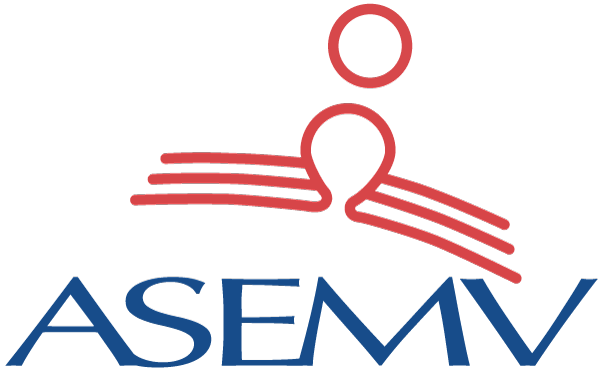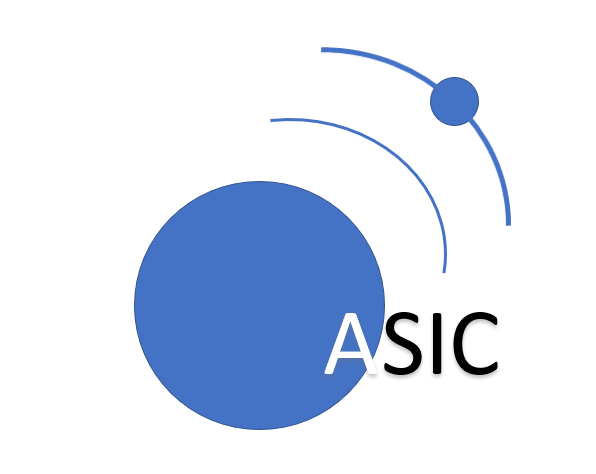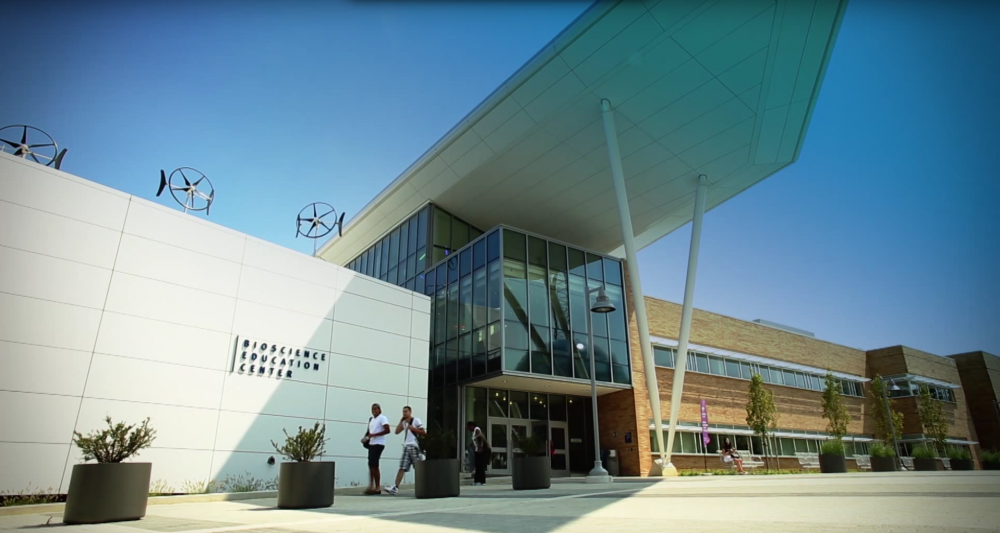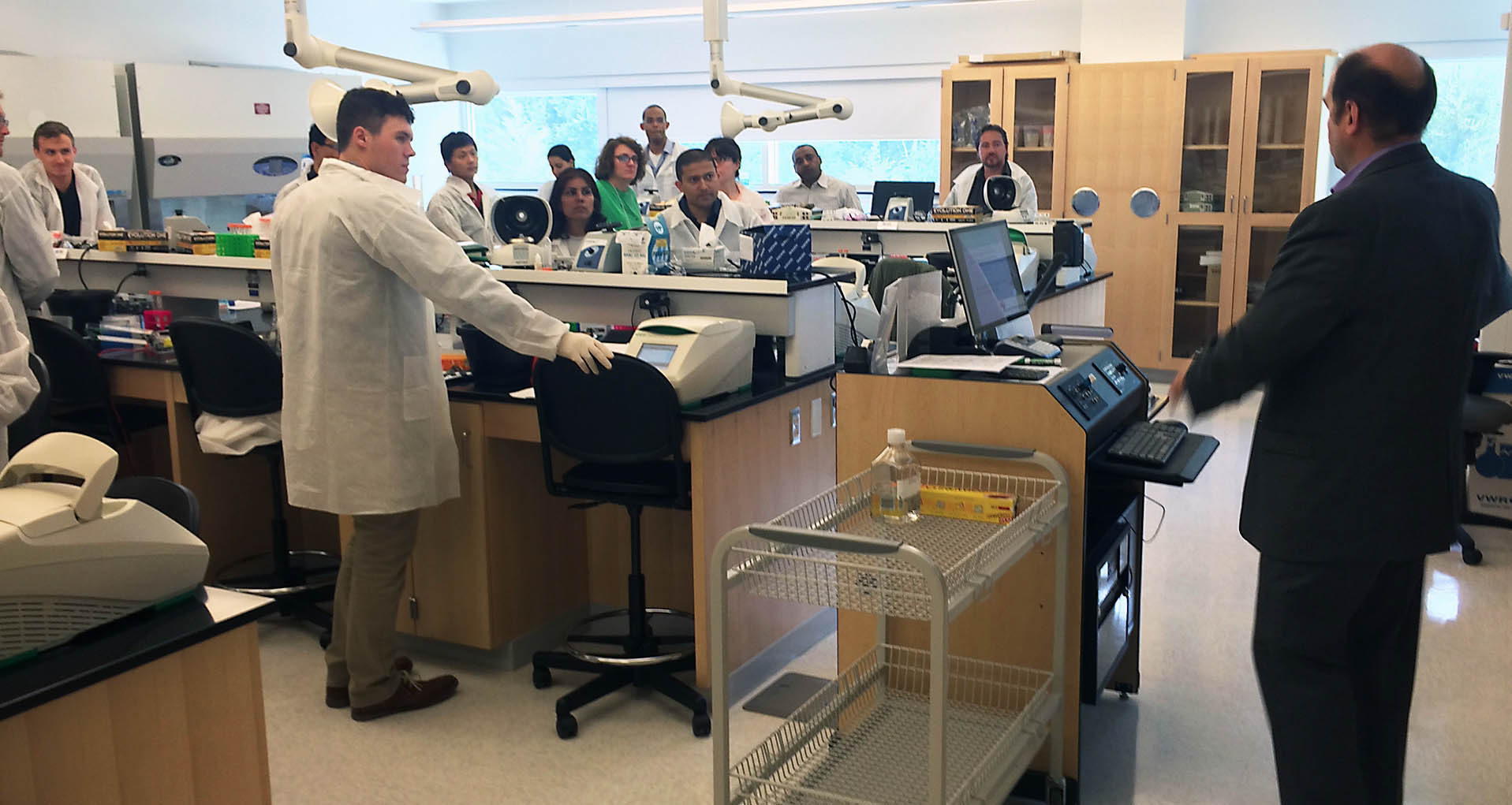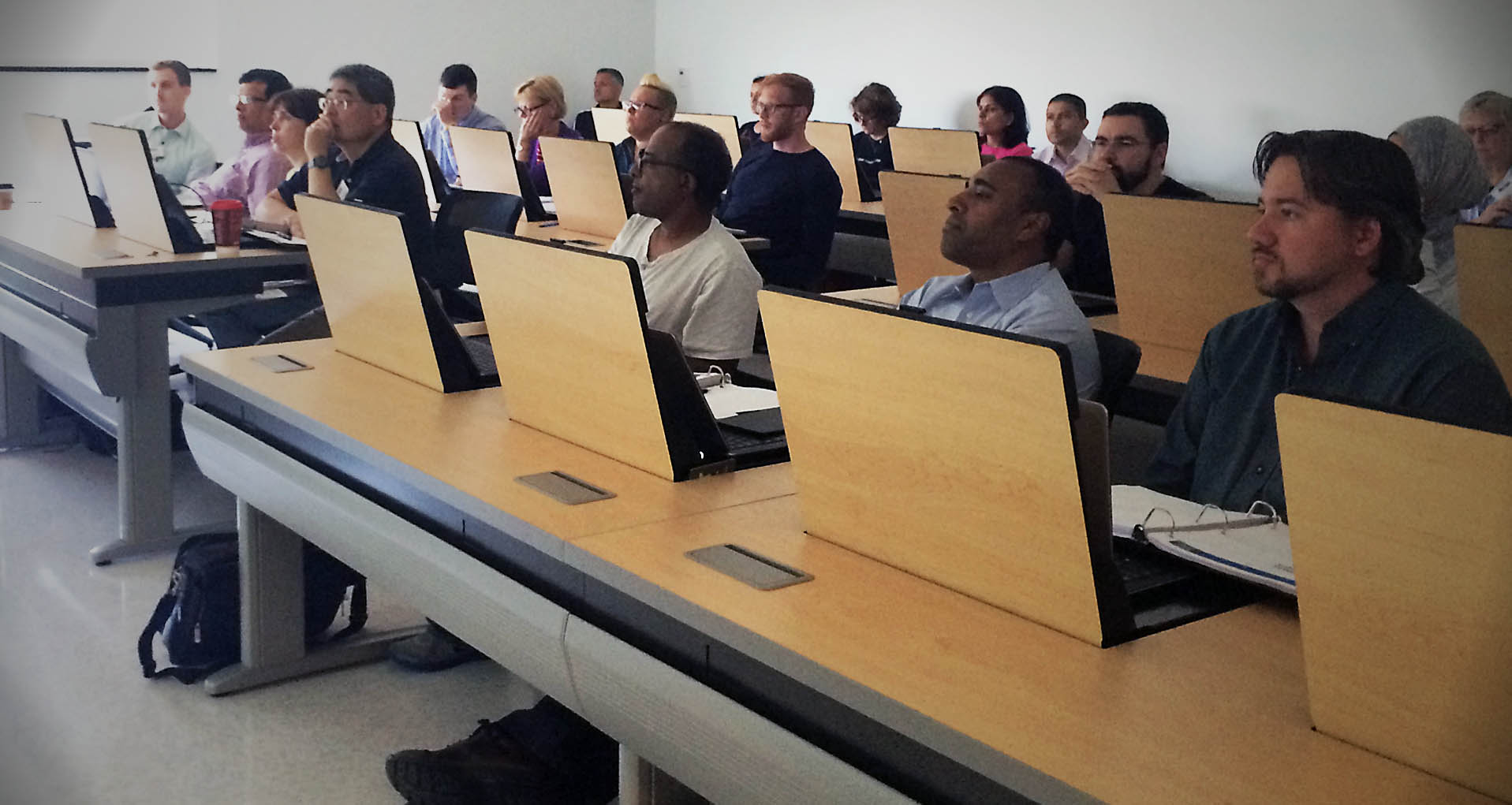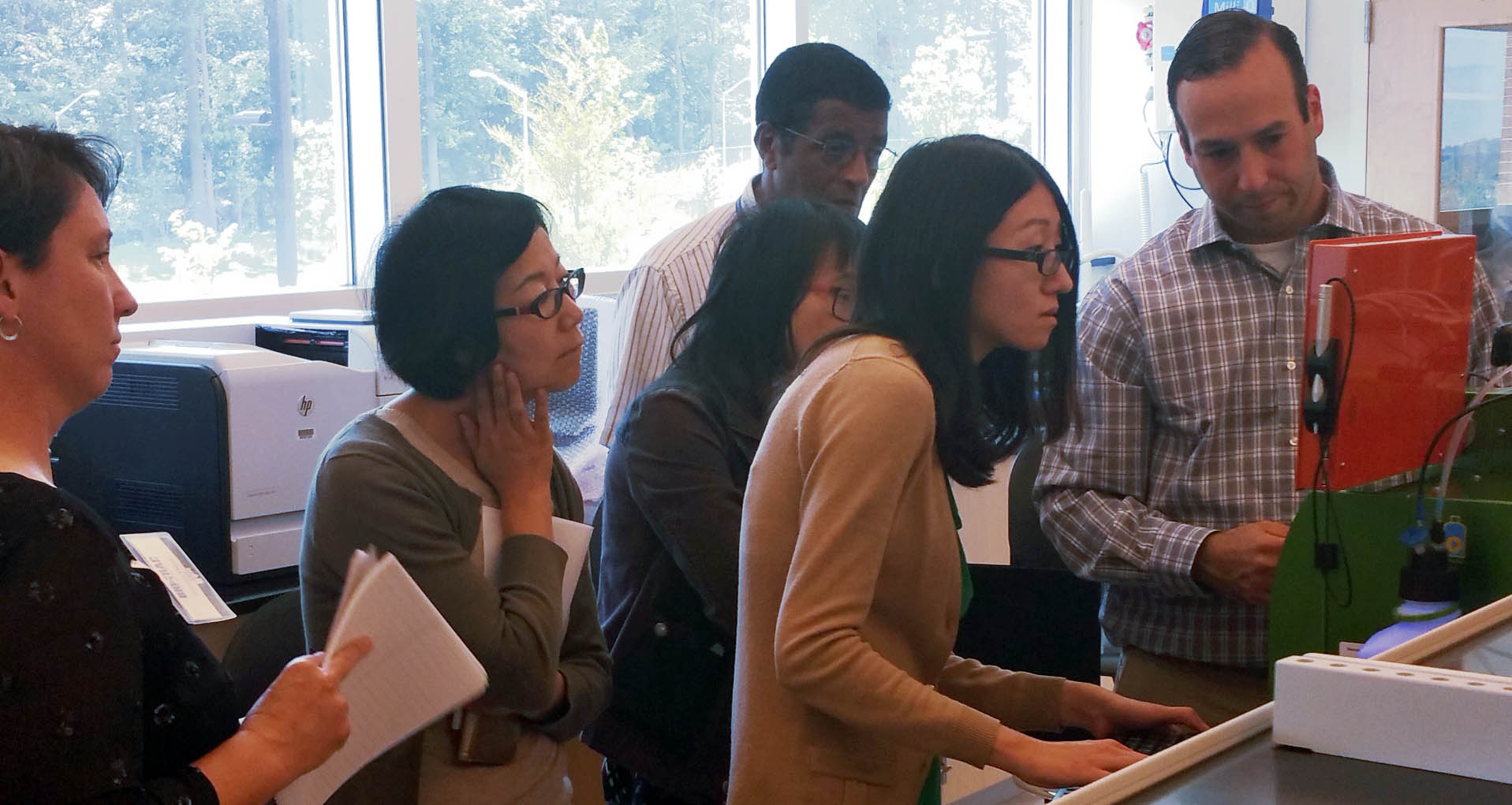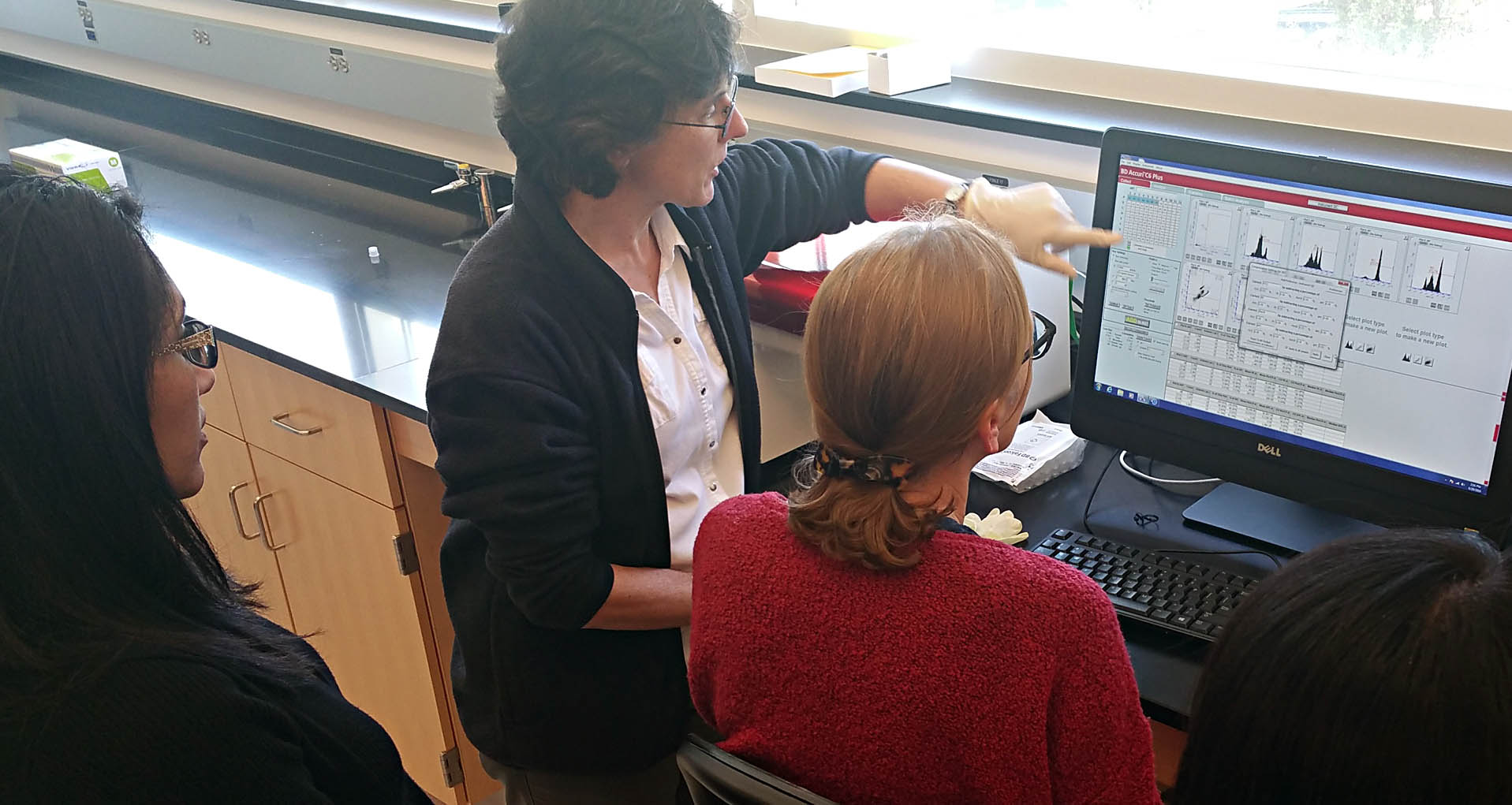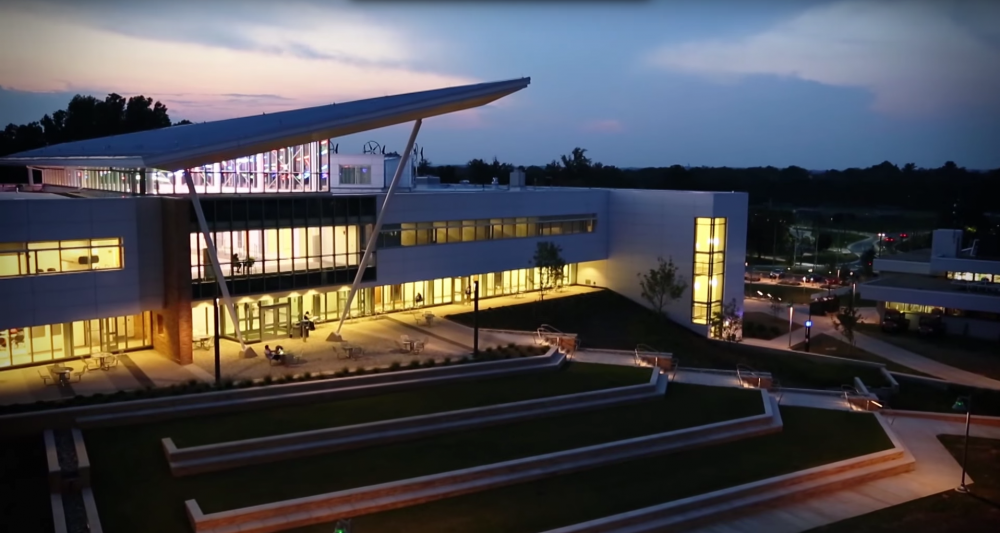Apr 30 - May 3, 2024
Tuesday-Friday
Germantown, MD
The Bioscience Education Center
9:00am-5:00pm
1 Hour Lunch Break
Taught by leaders in the field, this 4-day class provides students with an exciting, up-to-date introduction to the field of exosomes, microvesicles, and other extracellular vesicles (EVs). Lectures cover our current understanding of the biochemistry, molecular, and cell biology of EV biogenesis and uptake, the functions and analysis of EV RNAs, and the latest approaches to purifying and analyzing exosomes and other EVs. These lectures are interwoven with hands-on laboratory instruction in which participants use well-validated protocols, reagents and kits from major manufacturers to purify exosomes and interrogate their protein and RNA content. Participants will leave the class with the conceptual framework and practical know-how necessary to explore the contribution of exosomes and other EVs to whatever biological question they are investigating.
 | Lecture and Hands-on Interactive Training |
 | Team taught by active researchers |
 | Thumbnail drive with Lectures and Workshop material |
 | Space limited to 20 participants |
 | Registration Fee: $995 |
-
"It is well organized workshop. Instructors are knowledgeable and helpful. The course mainly focuses on DNA methylation and its related techniques. If it is the field you are interested in, I recommend this course."
Shale Lei
University of Nebraska Omaha
Advances in Epigenetics
-
"Amazing learning experience. I made new friend, learned new knowledge and made further collaborations. It was worth attending this workshop."
Dhananjay Gupta
University of Vermont
Advances in Epigenetic
-
"The instructors for the “Advances in Epigenetics” were outstanding."
Jim DeWille
Ohio State University
Advances in Epigenetics
-
"This is a very well organized program. Lectures always convey the most advanced knowledge and technologies. Hands-on practice is also very helpful. Highly recommend to colleagues in or out of NIH community."
Guangpu Shi, M.D.
Research Fellow, NEI/NIH
iPSC: Reprogramming, Differentiation and Gene Editing with CRISPR
-
"I highly recommend this course to someone who seek opportunities for epigenetics research and analysis. Presenters and lectures are very nice and experts in this field."
Bongsoo Park
Johns Hopkins School of Public Health
Advances in Epigenetics
-
"Bio-Trac offers wonderful workshops that provide up-to-date, useful technological information and knowledge important for my research applications."
Thuy Phung, MD, PhD
Baylor College of Medicine
NGS
Course Directors
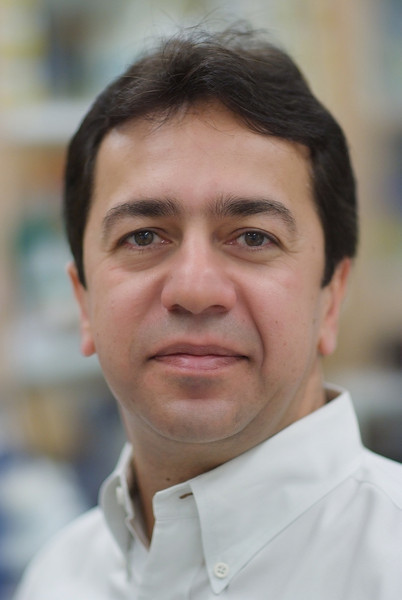
Fatah Kashanchi
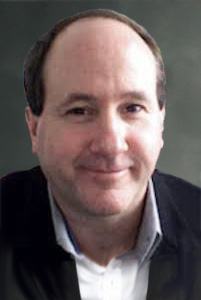
Stephen J. Gould, Ph.D.
Lectures will include understanding the expanding roles of exosomes in normal physiology and disease processes, as well as the development of new diagnostic tests and potential therapies using exosomes as well as exosome engineering and biomarker discovery.
- Molecular Mechanisms Involved in the Biogenesis, Release and Uptake of Exosomes and Micro Vesicles and Their Role in Cell to Cell Signaling
- Effect of Viral Infection on Exosome Production: Lessons from HIV and Other RNA Viruses Controlling Parthenogenesis;
- Exosome Engineering
- Exosomal microRNAs: An Introduction to Intracellular Social Media
- Role of Exosomes in Regenerative Medicine and the Challenges that Remain
- Exosomes from HTLV-1 and Ebola Infected Cells: Effects on Donor and Recipient Cells
- Diagnostic use of Exosomes in Disease States/Novel Biomarker Discovery from Analysis of Exosomes from Patient Samples
- Tracking and Monitoring Extracellular Vesicles in vivo;
- Exosome Purification; Surface Exosome Markers (cd6-/-, 9-/-, 81-/-)
- Exosome Isolation - Izon Sec Column, Centricon Spin
- NTA: assay exosome preps for concentration, immunophenotype; Exoview camera – start overnight chip incubation
- ATCC Repair Assay – Scratch Assays – Msc Exosomes, Cancer Exosomes
- miRNA Profiling, Western blot, qPCR
- 3D Culture Neutrosphere EVs, CN
- Oxford Nano Systems – Surface Labeling Demonstration
- Visualization - mRNA encoding a fluorescent protein/luciferase, then add to cells and assay for uptake and expression of the mRNA into fluorescent protein
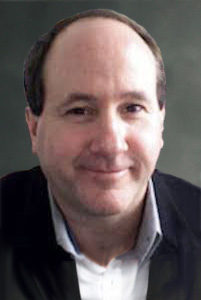 | Stephen J. Gould, PhD Dr. Gould, PhD is Professor of Biological Chemistry at Johns Hopkins University School of Medicine. A cell biologist and biochemist, Dr. Gould’s laboratory investigates the biogenesis and uptake of exosomes, as well as the formation and infectivity of HIV and other retroviral particles. Dr. Gould is co-director of the Johns Hopkins University Biological Chemistry Graduate Program and serves as the President of the American Society of Exosomes and Microvesicles. |
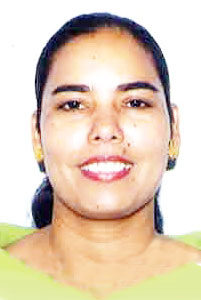 | Sukbir Kaur, PhD Dr. Kaur obtained her Ph.D. from Guru Nanak Dev University (Punjab, India) and her post-doctoral fellowship training at Genome Technology branch (NHGR1) where she developed her interest in miRNAs and non-coding RNAs. Later, she became a staff scientist in Biochemical Pathology Section , where she expertise her research in area of extracellular vesicles (Exosomes). Her research have found that donor exosomes can modulate functional role of recipient cells via releasing their internal contents which also carry coding and noncoding RNAs. Her research interests are to explore cell-cell communications via Exosomes and their functional role in cancer and normal stem cell biology. Her research work has been recognized in the extracellular vesicle field by being a frequent invited speaker at their national and international meetings, and she is considered to be a leader in this area. She has received many awards and co-author of more than 30 scientific publications and 2 patents in her research field. She serves on peer review panels of the PLoS One, Scientific Reports and JOVE. |
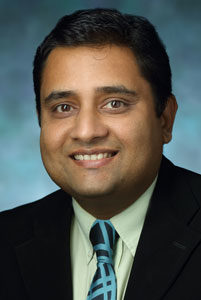 | Samarjit (Sam) Das, PhD Dr. Das is an Assistant Professor in the Department of Anesthesiology and Critical Care Medicine and the Department of Pathology at Johns Hopkins School of Medicine. His laboratory investigates the functional aspects of microRNAs in the pathophysiology of various disease conditions, including cardiovascular disease. Recently, the Das laboratory is focusing on cell-cell communication with microRNA in disease conditions. One of the major findings from their recent work is that exosomal miRNA transfer from one tissue to another can cause a disease phenotype. Dr. Das is a founding member of the Program for microRNA Biology at Johns Hopkins and serves as the Chair of the Early Career Investigator section of the International Society of Heart Research. |
May 2022
“Great facilities, instructors, and workshop content within 4-day schedule! Updated knowledge on Exosomes and excellent hands-on experiments!” Wiramon R., NIH/NIAAA
“The workshop was incredibly insightful on the history and current research with exosomes. The hands-on training really helped me learn to process exosomes properly.” Richard E., UNC Chapel Hill
“The hands-on and in-depth approach that Bio-Trac takes for the courses provides for an overall wonderful and fulfilling experience in the course.” Sarah W., University of Alabama at Birmingham

